For many, CEOs, CFOs, Organisational Development professionals and other C-Suite roles, the concept of organisational transformation is vague at best and at worst, non-existent or just too hard or too complex. When asked to define what is meant by organisational transformation, vertical development or change etc people in senior roles are able to articulate the need to move from one state to another, however often have real difficulty in describing the basis or theory that is being used to implement that transformation and equally importantly, how to measure it.
Are you certain that your organisation is :-
Delivering real value (not artificial value) to your customers?
Creating ongoing wealth and prosperity for all your stakeholders?
Doing these things in a sustainable and enduring way that is to the benefit of society and the community?
We believe that the power in society today rests solidly in the business world (not in the state or the church as in bygone days) and we’re in a heap of trouble if we don’t have business leaders with the ability to create enduring organisations (necessarily implying profitable ones) that leaves us, our children and the planet in better shape.
How often do you hear CEO’s or senior leaders thinking and behaving as the leaders of The Iraquois Native American Indians did? This Confederacy played a fundamental role in shaping the thinking of the founding fathers of the United States. Their philosophy emphasised a noble purpose for the common good. When thinking strategically, there was just one overarching decision-making criterion, posed as a question: “What is in the best interest of all our people for the next seven generations?”
Here’s a quick cheat sheet to help you decide if you want to read on – there are six signs that point to a readiness to engage with us in taking Ascension to your organisation. Here they are:
You want to find a way to make sense of your organisation in a world that is getting more complex with every year
You want practical insights and habits that help you and your team be more, do more and bring a vibrancy to the hours you spend working together
You want credible answers to the big questions and dilemmas that face us in organisational life with pathways forward that are grounded in the very best of global thought leadership backed by solid research and evidence
You want extraordinary relationships with your people, relationships built on being courageous and authentic
You want to elevate and evolve your perspective and the perspectives of those around you in order to harness the collective intelligence within your team / organisation
You believe that adults can grow and develop; that it is possible to expand cognitive and emotional capacity to our fullest potential
If you answered ‘yes’ to any of these and would like a no-charge whiteboard session with one of our directors, click here to book a session or read on to find out more.
What is Ascension?
It is a methodology, a process and a way of being in organisational life that elevates the thinking and doing of all people to consider a different way of what it takes for an organisation to be effective.
Ascension is about enabling organisations and the leaders within them to build the capability to shift from not knowing to knowing, choosing the paths most likely to invoke the best of peoples’ attributes.
What does it take to shift from not knowing to knowing?
For too long organisations have allowed fashion, fads and hopeful thinking to guide us as organisational developmentalists. The concept of Ascension causes organisations to seek answers to the following questions :-
Truths vs Beliefs
How do we respectfully interrogate the validity of our theories, truths and beliefs?
How do we guard against the unwarranted attraction of the next unproven shiny thing?
How can we honour and respect evidence based approaches?
Why do ‘expert’ organisational development consultancies seem to only rediscover what’s been known for half a century or more?
Partial Truth vs Belief
How do we gain clarity about the difference between belief and partial truth?
Is knowing this important?
How confident are we that our beliefs are true?
How important is it to us that our beliefs are true?
Stages vs States
How do we, in our knowing, clarify the difference between states and stages and what does knowing this mean for organisational development?
Vertical Development vs Horizontal States
How do we meaningfully navigate the vertical (hierarchical) development discussion in all Integral Framework quadrants from hypothesis to ‘truth’. How do we know what the ‘truth’ is? How can we measure it with validity and reliability?
Emergence
How do we respect the idea that some of our truths are likely to be found partially true as new evidence emerges?
Are you ready to find a way to make sense of your organisation and a world that is getting more and more complex? Click here if you are



